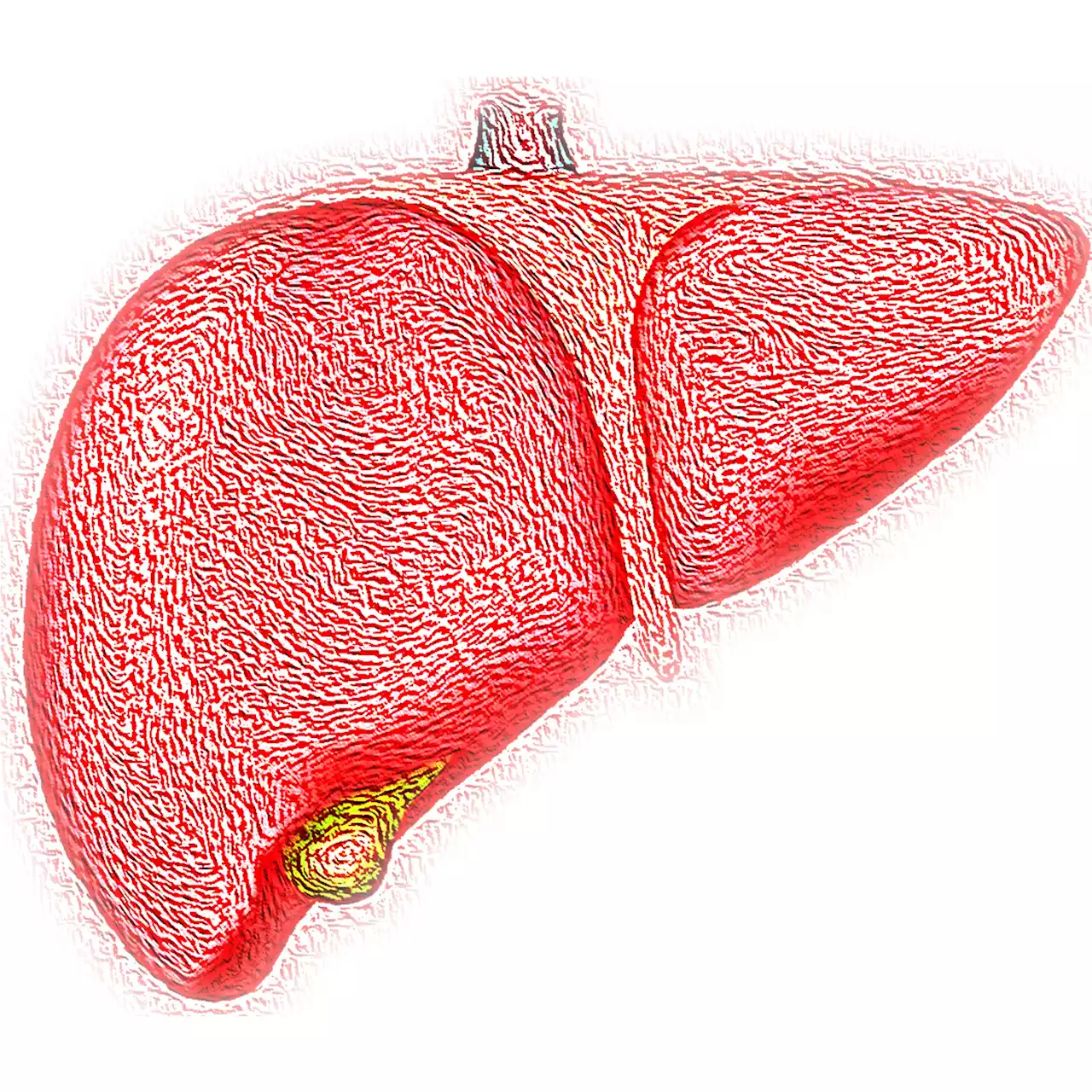A severe form of fatty liver disease called nonalcoholic steatohepatitis (NASH) is the leading cause of liver transplantation, but there are few treatment options and currently no medications. In a new study, Yale researchers have identified a driver of liver damage that occurs in NASH and which may open new treatment options in the future.
Nonalcoholic fatty liver disease is the most common chronic liver disease worldwide. It's a condition in which excess fat builds up in the liver and is more often diagnosed in people with obesity. If left untreated, it can develop into the more severe NASH or cancer.
As obesity rates have risen over the past few decades, so have NASH diagnoses. An estimated 5% of U.S. adults have NASH, which is marked by liver damage and inflammation that can cause fibrosis, or scarring of the liver. NASH is now the number one indication for"Several hundred thousand people per year may need abecause of NASH," said Dr. Dean Yimlamai, an assistant professor of pediatrics at Yale School of Medicine and senior author of the study.
In previous research on both mice and humans, Yale scientists and others have found that a protein called CYR61 increases when individuals are exposed to high-fat diets. That led them to question whether CYR61 might play a role in the progression of fatty liver disease and NASH. For the new study, researchers used a mouse model of NASH and evaluated how CYR61 affected liver damage.
They found a greater expression of CYR61 in NASH-injured livers compared with those of healthy mice. They also observed that as
United Kingdom Latest News, United Kingdom Headlines
Similar News:You can also read news stories similar to this one that we have collected from other news sources.
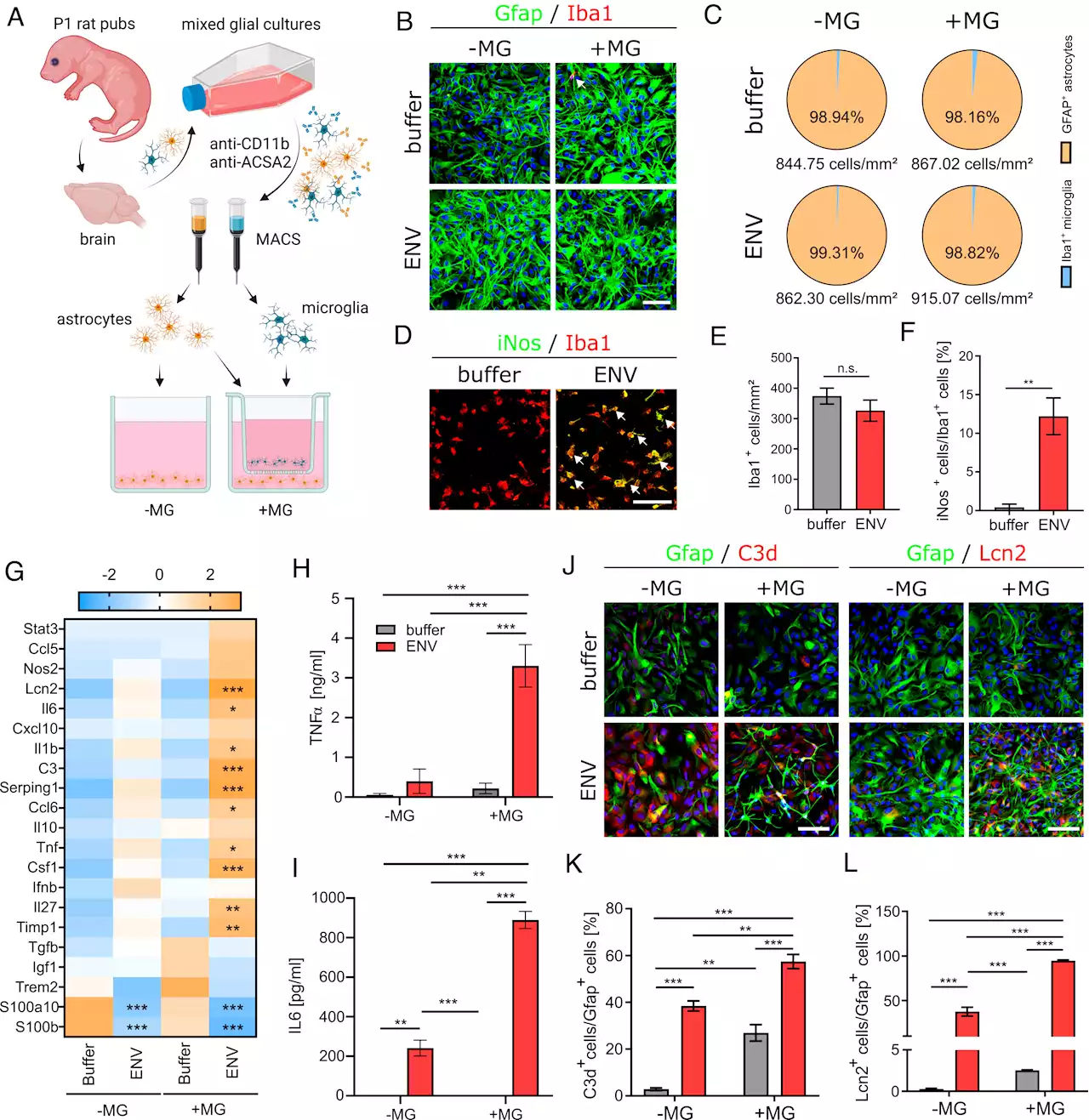 Study substantiates the neuropathogenic role of the HERV-W protein in multiple sclerosisGeNeuro, a biopharmaceutical company developing treatments for neurodegenerative and autoimmune diseases such as multiple sclerosis (MS), amyotrophic lateral sclerosis (ALS) and the severe neuro-psychiatric consequences of COVID-19 (post-COVID or long COVID), has published, in collaboration with the Heinrich-Heine University in Düsseldorf, results from their joint research on the role of HERV-W in MS in the Proceedings of the National Academy of Science.
Study substantiates the neuropathogenic role of the HERV-W protein in multiple sclerosisGeNeuro, a biopharmaceutical company developing treatments for neurodegenerative and autoimmune diseases such as multiple sclerosis (MS), amyotrophic lateral sclerosis (ALS) and the severe neuro-psychiatric consequences of COVID-19 (post-COVID or long COVID), has published, in collaboration with the Heinrich-Heine University in Düsseldorf, results from their joint research on the role of HERV-W in MS in the Proceedings of the National Academy of Science.
Read more »
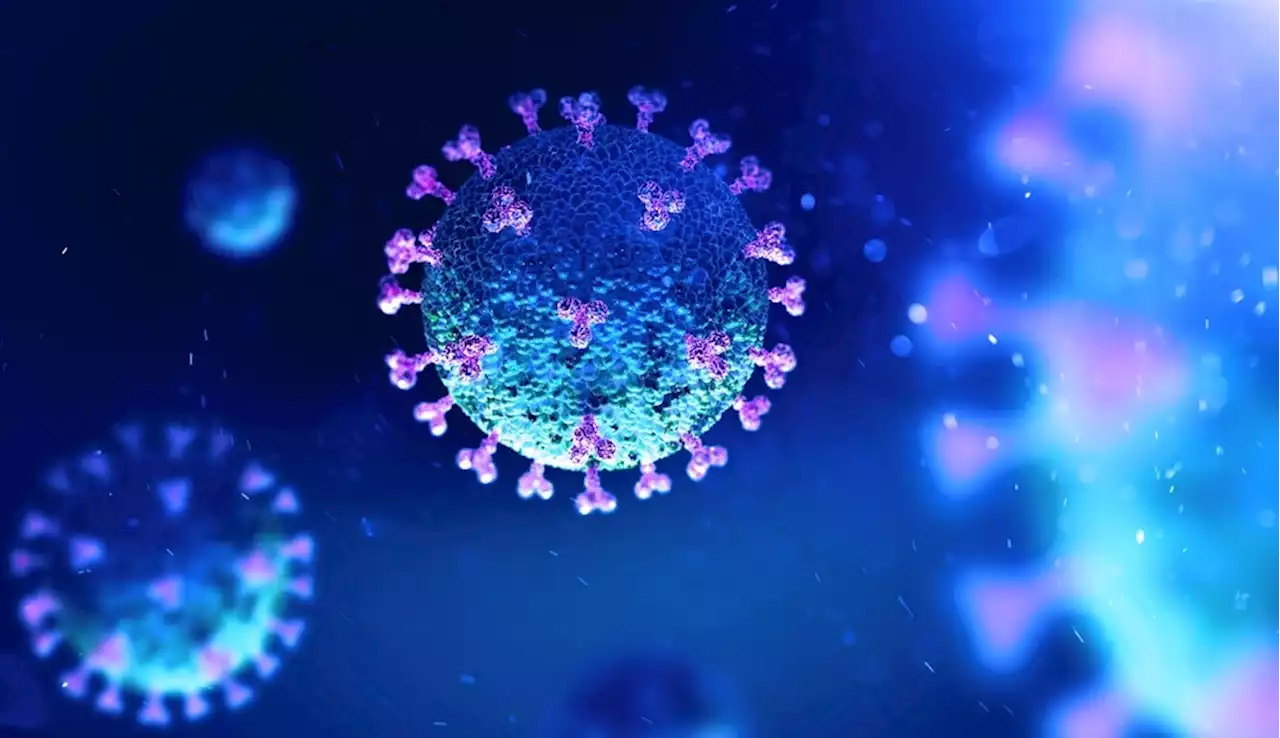 Zoonotic spillover safeguarding: computationally designed antigen targets range of coronavirusesResearchers used an interdisciplinary approach incorporating phylogenetics, 3D protein modeling, and plasmid design to identify and computationally design an antigen representing the core of most currently known sarbecoviruses.
Zoonotic spillover safeguarding: computationally designed antigen targets range of coronavirusesResearchers used an interdisciplinary approach incorporating phylogenetics, 3D protein modeling, and plasmid design to identify and computationally design an antigen representing the core of most currently known sarbecoviruses.
Read more »
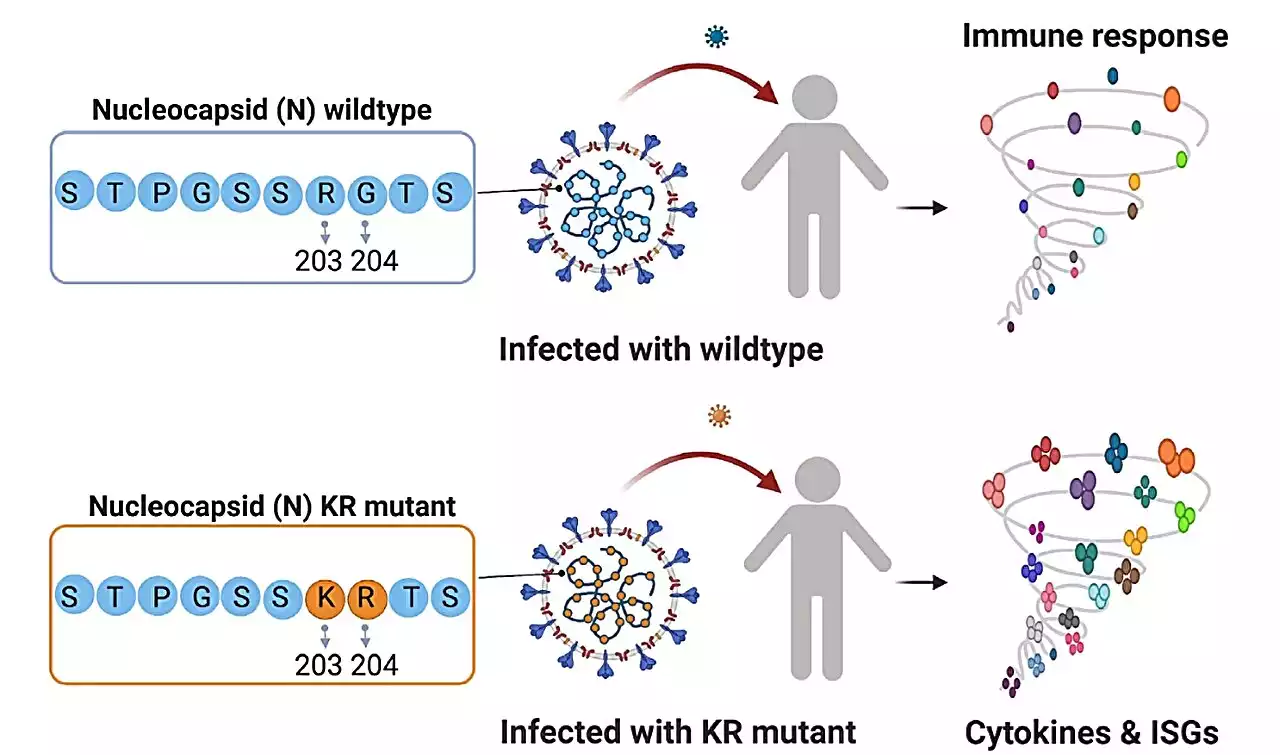 COVID-19 mutations and their links to excessive immune responsesMutations on a key SARS-CoV-2 viral protein are linked to extreme immune responses and could offer a novel vaccine target.
COVID-19 mutations and their links to excessive immune responsesMutations on a key SARS-CoV-2 viral protein are linked to extreme immune responses and could offer a novel vaccine target.
Read more »
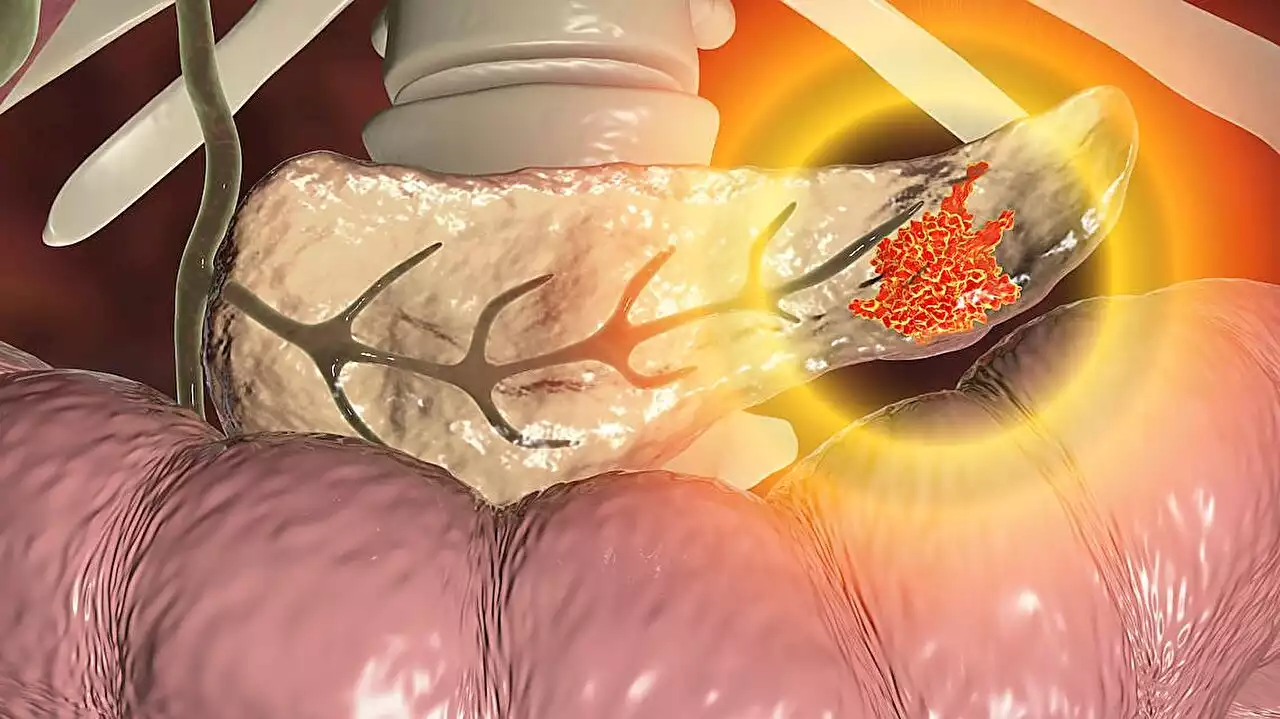 New target identified for pancreatic cancer treatmentResearchers have found a protein to block the growth of cancer stem-like cells as a possible treatment for pancreatic cancer.
New target identified for pancreatic cancer treatmentResearchers have found a protein to block the growth of cancer stem-like cells as a possible treatment for pancreatic cancer.
Read more »
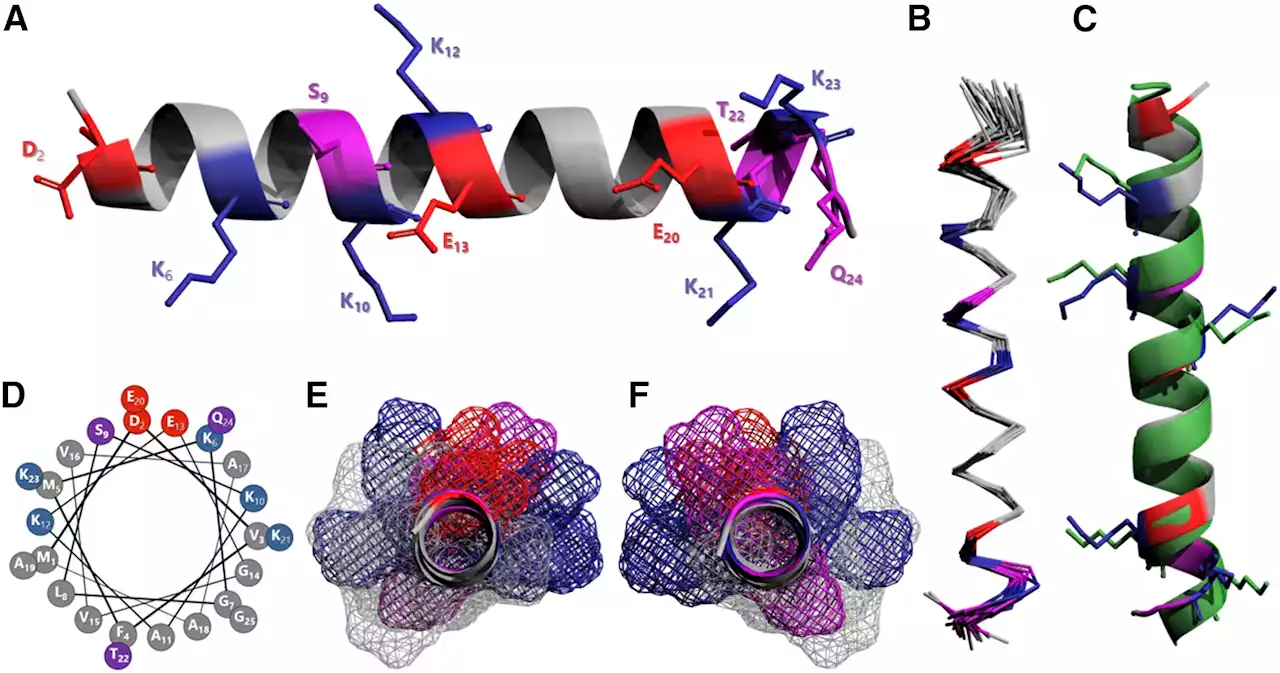 'Anti-tangle' molecule could aid search for new dementia treatments, say scientistsScientists have identified a molecule that can prevent tangling of a brain protein that is linked to diseases such as Parkinson's. The findings may provide insights into new ways of treating or diagnosing the early stages of dementia.
'Anti-tangle' molecule could aid search for new dementia treatments, say scientistsScientists have identified a molecule that can prevent tangling of a brain protein that is linked to diseases such as Parkinson's. The findings may provide insights into new ways of treating or diagnosing the early stages of dementia.
Read more »
